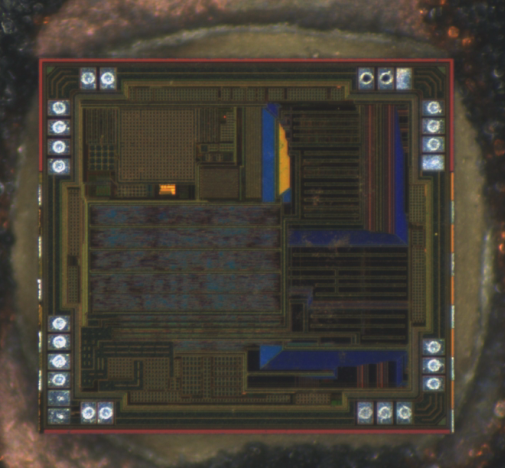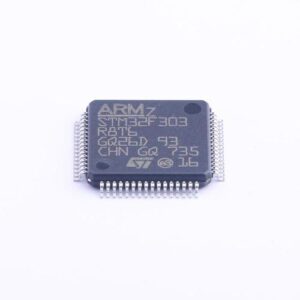Posts Tagged ‘Microcontrolador protegido Attack STM32F303ZE’
 Attack STM32F303ZE Microcontroller Locked Bit
Attack STM32F303ZE Microcontroller Locked Bit
Attack STM32F3030ZE Microcontroller Locked Bit and restore embedded firmware from secured mcu stm32f303ze flash memory, then copy secured mcu stm32f303ze flash program to new microprocessor units as cloned units;

STM32F303xD/E devices feature 80 Kbytes of embedded SRAM with hardware parity check. The memory can be accessed in read/write at CPU clock speed with 0 wait states, allowing the CPU to achieve 90 Dhrystone MIPS at 72 MHz (when running code from the CCM (Core Coupled Memory) RAM).
16 Kbytes of CCM SRAM mapped on both instruction and data bus, used to execute critical routines or to access data by breaking stm32f302zd secured microcontroller flash memory (parity check on all of CCM SRAM).

ataque STM32F3030ZE microcontrolador bloqueado bit e restaurar firmware incorporado de memória flash mcu stm32f303ze segura, em seguida, copiar seguro mcu stm32f303ze programa flash para novas unidades de microprocessador como unidades clonadas
64 Kbytes of SRAM mapped on the data bus (parity check on first 32 Kbytes of SRAM).
At startup, Boot0 pin and Boot1 option bit are used to select one of three boot options:
Boot from user Flash
Boot from system memory
Boot from embedded SRAM
The boot loader is located in the system memory. It is used to reprogram the Flash memory by using USART1 (PA9/PA10), USART2 (PA2/PA3) or USB (PA11/PA12) through DFU (device firmware upgrade).
The CRC (cyclic redundancy check) calculation unit is used to get a CRC code using a configurable generator polynomial value and size. Among other applications when reverse stm32f302re microcontroller flash program code, CRC-based techniques are used to verify data transmission or storage integrity.
In the scope of the EN/IEC 60335-1 standard, they offer a means of verifying the Flash memory integrity. The CRC calculation unit helps compute a signature of the software during runtime, to be compared with a reference signature generated at linktime and stored at a given memory location.